
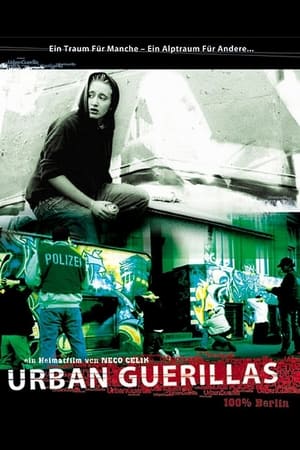
Urban Guerillas(2006)
Danger and Kaspar are graffiti artists who have each been ejected from their respective crews. They decide to work on a project in honor of one of their deceased brethren.
Movie: Urban Guerillas
Top 8 Billed Cast
Roxy
Ozan
Kasper
Danger

Urban Guerillas
HomePage
Overview
Danger and Kaspar are graffiti artists who have each been ejected from their respective crews. They decide to work on a project in honor of one of their deceased brethren.
Release Date
2006-05-18
Average
0
Rating:
0.0 startsTagline
Genres
Languages:
Keywords
Similar Movies
 8.0
8.0The Lives of Others(de)
In 1983 East Berlin, dedicated Stasi officer Gerd Wiesler begins spying on a famous playwright and his actress-lover Christa-Maria. Wiesler becomes unexpectedly sympathetic to the couple, and faces conflicting loyalties when his superior takes a liking to Christa-Maria.
 5.8
5.8The Good German(en)
An American journalist arrives in Berlin just after the end of World War Two. He becomes involved in a murder mystery surrounding a dead GI who washes up at a lakeside mansion during the Potsdam negotiations between the Allied powers. Soon his investigation connects with his search for his married pre-war German lover.
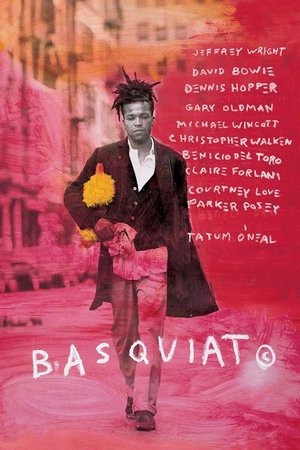 6.6
6.6Basquiat(en)
The brief life of Jean Michel Basquiat, a world renowned New York street artist struggling with fame, drugs and his identity.
 6.2
6.2The Elementary Particles(de)
Based on Michel Houellebecq's controversial novel, Atomised (aka The Elementary Particles) focuses on Michael and Bruno, two very different half-brothers and their disturbed sexuality. After a chaotic childhood with a hippie mother only caring for her affairs, Michael, a molecular biologist, is more interested in genes than women, while Bruno is obsessed with his sexual desires, but mostly finds his satisfaction with prostitutes. But Bruno's life changes when he gets to know the experienced Christiane. In the meantime, Michael meets Annabelle, the love of his youth, again.
 7.3
7.3Run Lola Run(de)
Lola receives a phone call from her boyfriend Manni. He lost 100,000 DM in a subway train that belongs to a very bad guy. She has 20 minutes to raise this amount and meet Manni. Otherwise, he will rob a store to get the money. Three different alternatives may happen depending on some minor event along Lola's run.
 7.8
7.8Wings of Desire(de)
Two angels, Damiel and Cassiel, glide through the streets of Berlin, observing the bustling population, providing invisible rays of hope to the distressed but never interacting with them. When Damiel falls in love with lonely trapeze artist Marion, the angel longs to experience life in the physical world, and finds -- with some words of wisdom from actor Peter Falk -- that it might be possible for him to take human form.
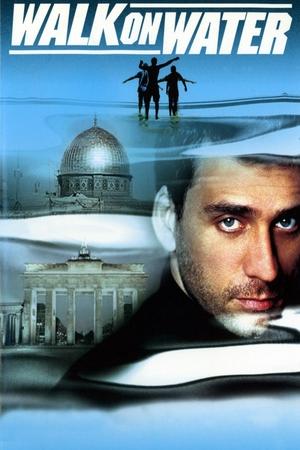 6.9
6.9Walk on Water(he)
Eyal, an Israeli Mossad agent, is given the mission to track down and kill the very old Alfred Himmelman, an ex-Nazi officer, who might still be alive. Pretending to be a tourist guide, he befriends his grandson Axel, in Israel to visit his sister Pia. The two men set out on a tour of the country, during which Axel challenges Eyal's values.
 6.9
6.9Phoenix(de)
German-Jewish cabaret singer Nelly survived Auschwitz but had to undergo reconstructive surgery as her face was disfigured. Without recognizing Nelly, her former husband Johnny asks her to help him claim his wife’s inheritance. To see if he betrayed her, she agrees, becoming her own doppelganger.
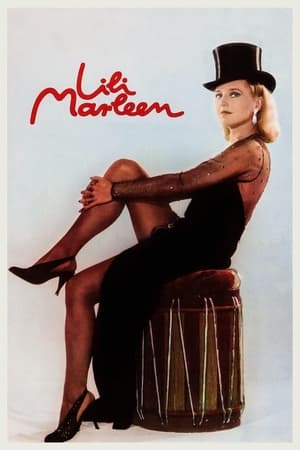 6.4
6.4Lili Marleen(de)
The story of a German singer named Willie who while working in Switzerland falls in love with a Jewish composer named Robert whose family is helping people to flee from the Nazis. Robert’s family is skeptical of Willie, thinking she could be a Nazi as she becomes famous for singing the song “Lili Marleen”.
 6.9
6.9Beyond Silence(de)
Beyond Silence is about a family and a young girl’s coming of age story. This German film looks into the lives of the deaf and at a story about the love for music. A girl who has always had to translate speech into sign language for her deaf parents yet when her love for playing music grows strong she must decide to continue doing something she cannot share with her parents.
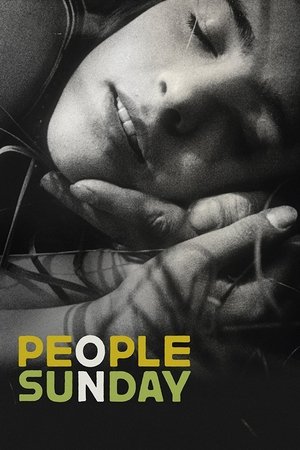 7.2
7.2People on Sunday(de)
A semi-documentary experimental 1930 German silent film created by amateurs with a small budget. With authentic scenes of the metropolis city of Berlin, it's the first film from the later famous screenwriters/directors Billy Wilder and Fred Zinnemann.
 6.9
6.9Kuhle Wampe or Who Owns the World?(de)
Kuhle Wampe takes place in early-1930s Berlin. The film begins with a montage of newspaper headlines describing steadily-rising unemployment figures. This is followed by scenes of a young man looking for work in the city and the family discussing the unpaid back rent. The young man, brother of the protagonist Anni, removes his wristwatch and throws himself from a window out of despair. Shortly thereafter his family is evicted from their apartment. Now homeless, the family moves into a garden colony of sorts with the name “Kuhle Wampe.”
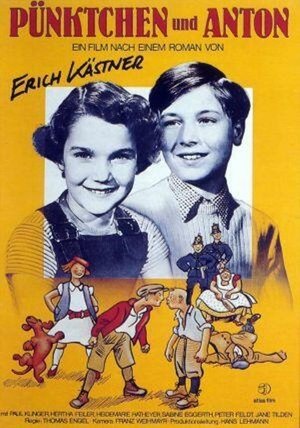 7.3
7.3Annaluise & Anton(de)
Despite their social differences Luise, called Pünktchen, a girl from rich parentage befriends Anton, a boy who has to earn his own money in order to afford life for his sick mother and himself. Together they undergo different adventures, even preventing a theft in Pünktchens home
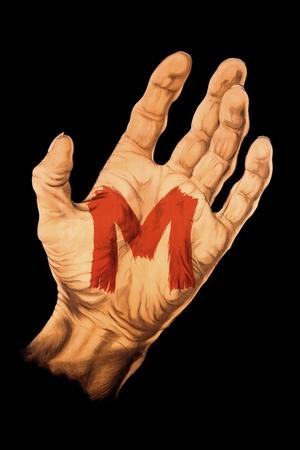 8.1
8.1M(de)
In this classic German thriller, Hans Beckert, a serial killer who preys on children, becomes the focus of a massive Berlin police manhunt. Beckert's heinous crimes are so repellant and disruptive to city life that he is even targeted by others in the seedy underworld network. With both cops and criminals in pursuit, the murderer soon realizes that people are on his trail, sending him into a tense, panicked attempt to escape justice.
 6.2
6.2Lucy(de)
A young teenage single mother (Maggi) struggling to raise her baby daughter (Lucy) finds the weight of responsibility bearing down on her shoulders. Maggy was forced to grow up before her time. Thankfully for Maggi, her mother is always willing to help though Maggy still lives at home with her mother, it's obvious that she longs to gain some independendence. Meeting Gordon at a local club, who is a few years older, makes a living and has his own apartment. One night, after a heated argument with her mother, Maggi makes the decision to move in with Gordon. Though the pair subsequently make a sincere attempt to be good parents.and do what's best for Lucy, they soon find that taking on the responsibilities of adulthood aren't so easy when you've barely moved past childhood yourself.
 6.3
6.3Quiet as a Mouse(de)
A pseudo documentary study of an archetypal German who tries to model his world according to his ideas of law and (sexual) order.
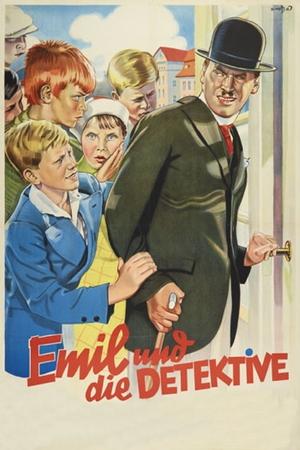 6.8
6.8Emil and the Detectives(de)
When a suspicious man bribes Emil with chocolate in return for a bundle of cash, the young lad thinks of a plan to catch him.
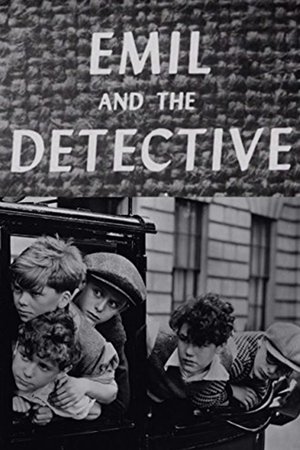 5.0
5.0Emil and the Detectives(en)
Erich Kästner’s beloved novel has been adapted for film or television six times since its publication in 1929; this 1935 British version was the first in English. Believed lost for decades, it was recently rediscovered by the BFI and has now been restored. The film moves the action from Berlin to London, where Emil goes to stay with his grandmother and cousin. Thereafter, the tale of Emil’s adventures with a gang of streetwise London children faithfully follows the original plot.
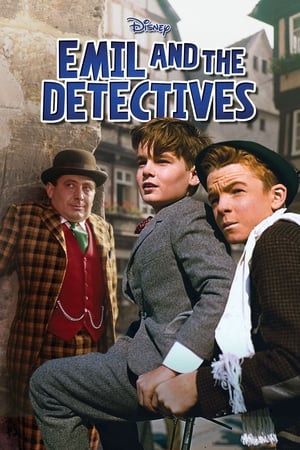 6.1
6.1Emil and the Detectives(en)
When Emil travels by bus to Berlin to visit his family, his money is stolen by a crook who specializes in digging tunnels. While following the thief, Emil runs into Gustav, a young boy who gathers up all his friends to help Emil find the money. However, they get into more trouble than they bargained for when Emil's pickpocket turns out to be mixed up with a couple of notorious bank robbers.
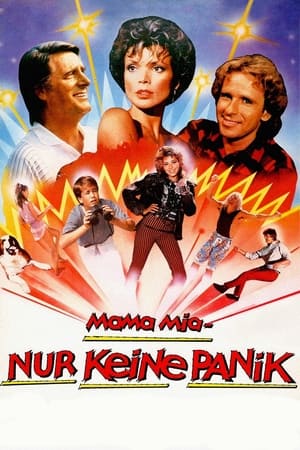 5.2
5.2Mama Mia - Nur keine Panik(de)
Because her husband, crime novel author Bert, prefers to spend the evenings with milieu and girl studies in the pubs, Conny files for divorce and moves with the two children from Berlin to Munich. There, she mistakes the new teacher of her daughter with the renovating carpenter, which is quite alright with the teacher as this gives him plenty of opportunity to enjoy Conny’s company. Meanwhile, however, Bert as well has started to understand how good it is to have a cosy home. He comes to Munich in order to win Conny back.



